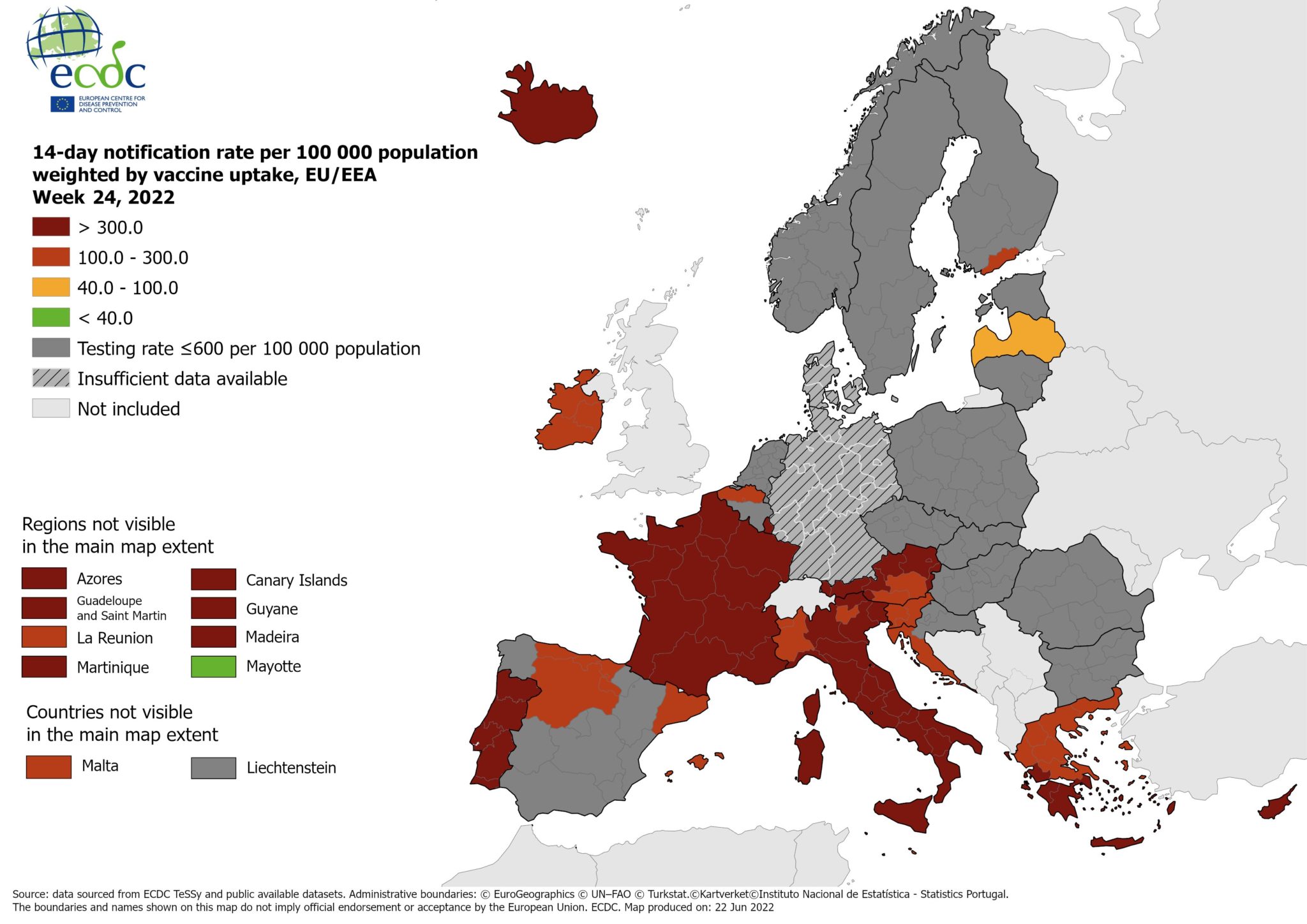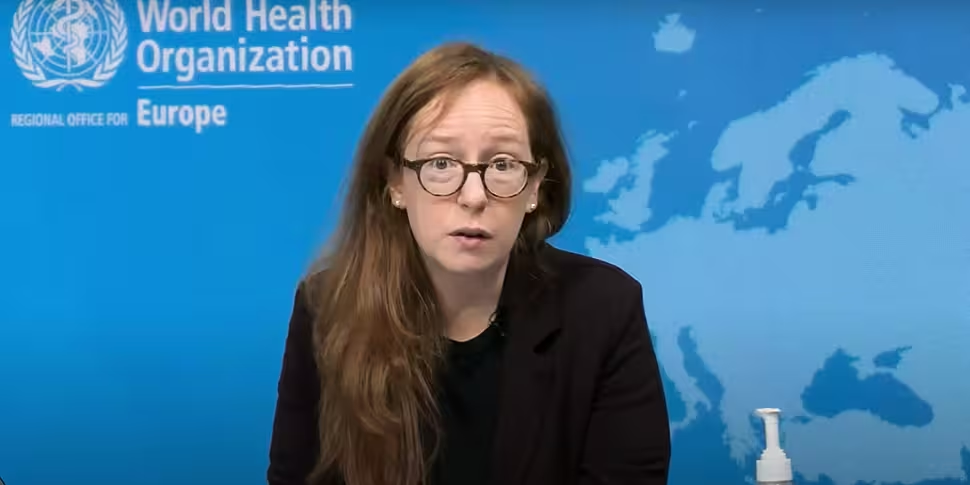A WHO official says we shouldn't be place all of our hope in coronavirus vaccinations.
Dr Catherine Smallwood is senior emergencies officer with the World Health Organisation in Europe.
The health body expects the growth in case numbers to continue in the coming weeks.
Dr Smallwood told Pat Kenny while vaccines still protect against severe disease, there are other considerations.
"I think that we really must be very careful - we mustn't place all of our hope in vaccination either, though.
"People will continue to get COVID-19, partly because the virus itself is evolving in a way that it's able to evade the immunity given to us by vaccine or prior infection.
"However the infection against severe disease is still very, very strong".
Precautionary measures
But she says the increase in cases isn't a surprise.
"This year we have a complete relaxation of the social measures that had been implemented in previous years.
"There's a lot more people travelling, a lot more people going on holiday - fewer people taking those individual precautionary measures that they had been taking previously.
"So what we're seeing is a similar trend to the previous years, but a bit earlier and a bit more rapidly".
 Source: ECDC
Source: ECDCDr Smallwood says the WHO is not planning to recommend the reinstatement of restrictions.
"What we've seen at the regional level is a very clear uptick in cases in the past couple of weeks, and we expect that continue quite quickly into the following few weeks and months.
"Are we planning on recommending countries to reinstate some of the measures that they had in the past: No.
"What we will be looking to do is really just raise awareness and bring information to the attention of people who might not have sought a booster dose.
"Or people who might be pondering whether to take certain holidays, whether to go to certain places, certain parties - and just saying 'Watch out: if you're at risk of severe disease, the virus is increasing in the population'.
"And just assess your own level of risk".
'Another wave of infections'
She says those who may be at higher risk should ensure they receive booster vaccines.
"There is an increase in hospitalisations due to COVID as well - and that's because if cases go up then hospitalisations will also go up.
"That's what we will expect to see; there may also be a small increase in the number of people dying from COVID-19 - especially among patients who are particularly vulnerable.
"But the most important thing is that people who might be in those older age groups... and those who might have other conditions that put them at more risk, that they seek a booster vaccination if they can."
And Dr Smallwood says any further winter boosters are a decision for individual health authorities.
"Those are discussions and decisions that will be taken by the national authorities in every country, and that will depend on their own assessment.
"We will be convening our advisory group on vaccines in the European region in a couple of weeks, and we will be making recommendations on that basis.
"But certainly looking towards the autumn, we would expect to see another wave of infections.
"That's just because of the environmental factors that will lead to us being indoors much more, and in enclosed spaces.
"We're starting to see this seasonality in the virus".









